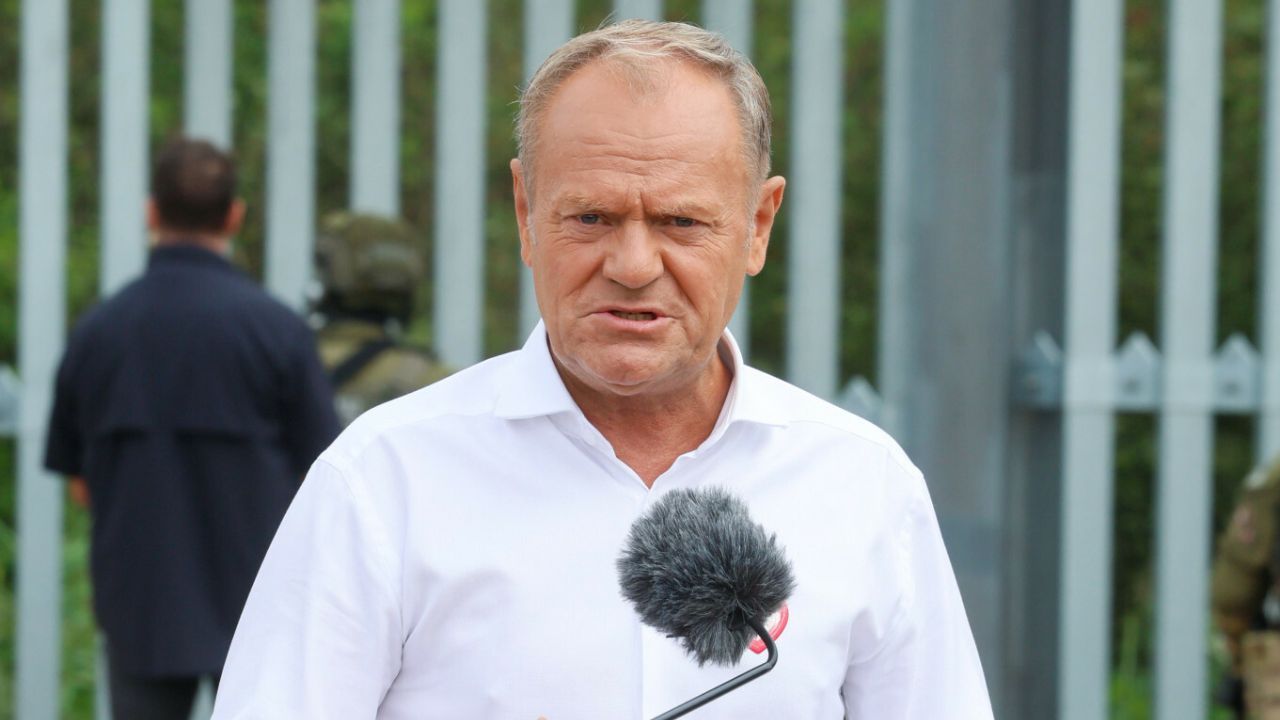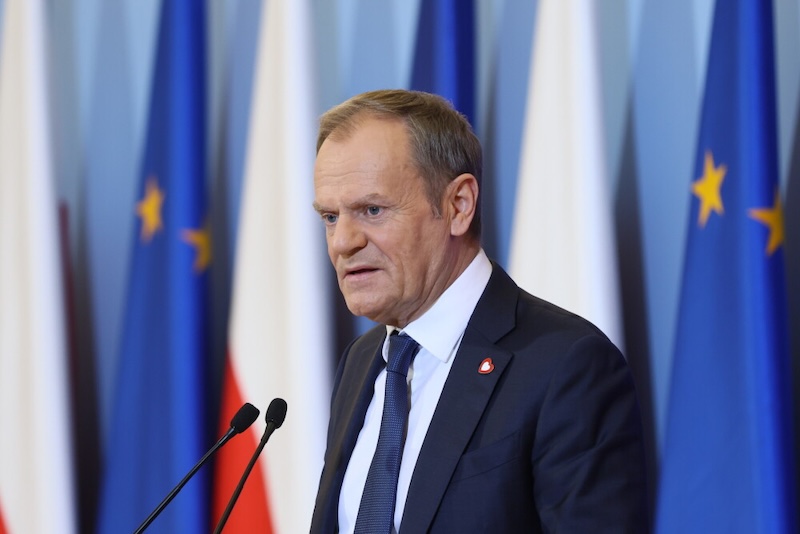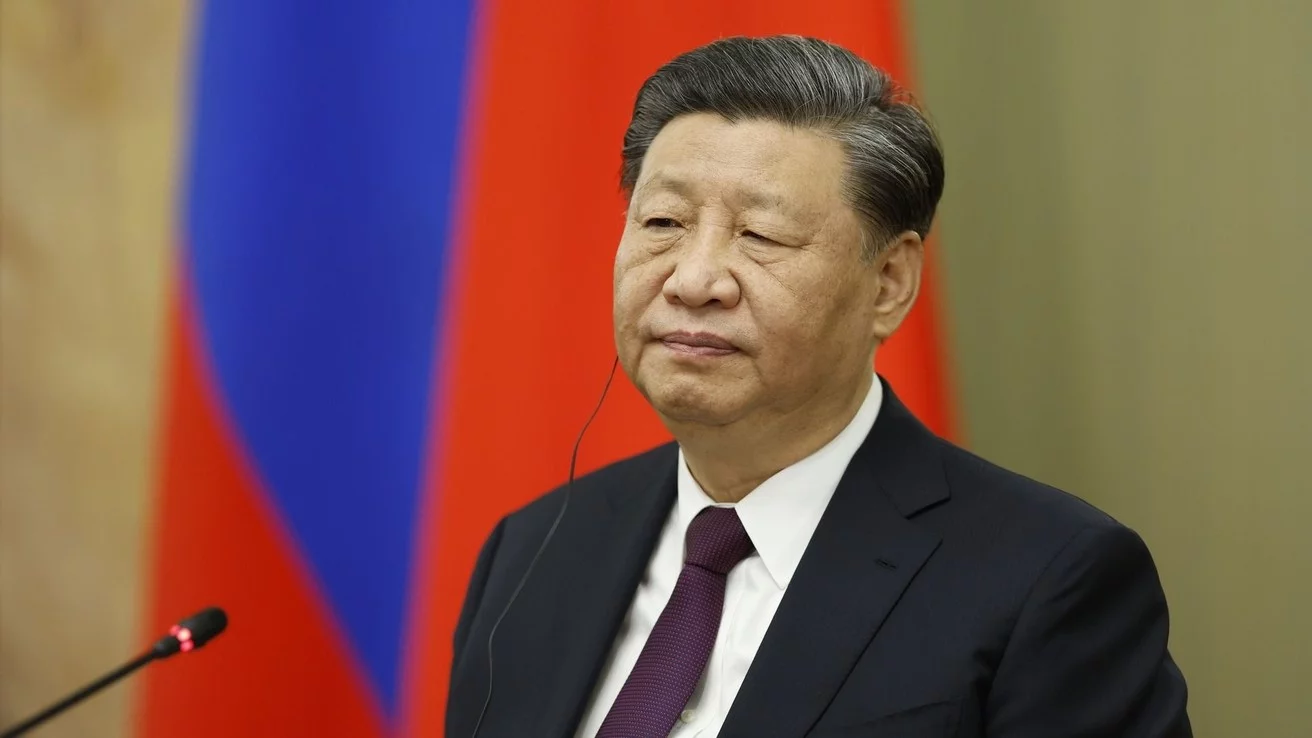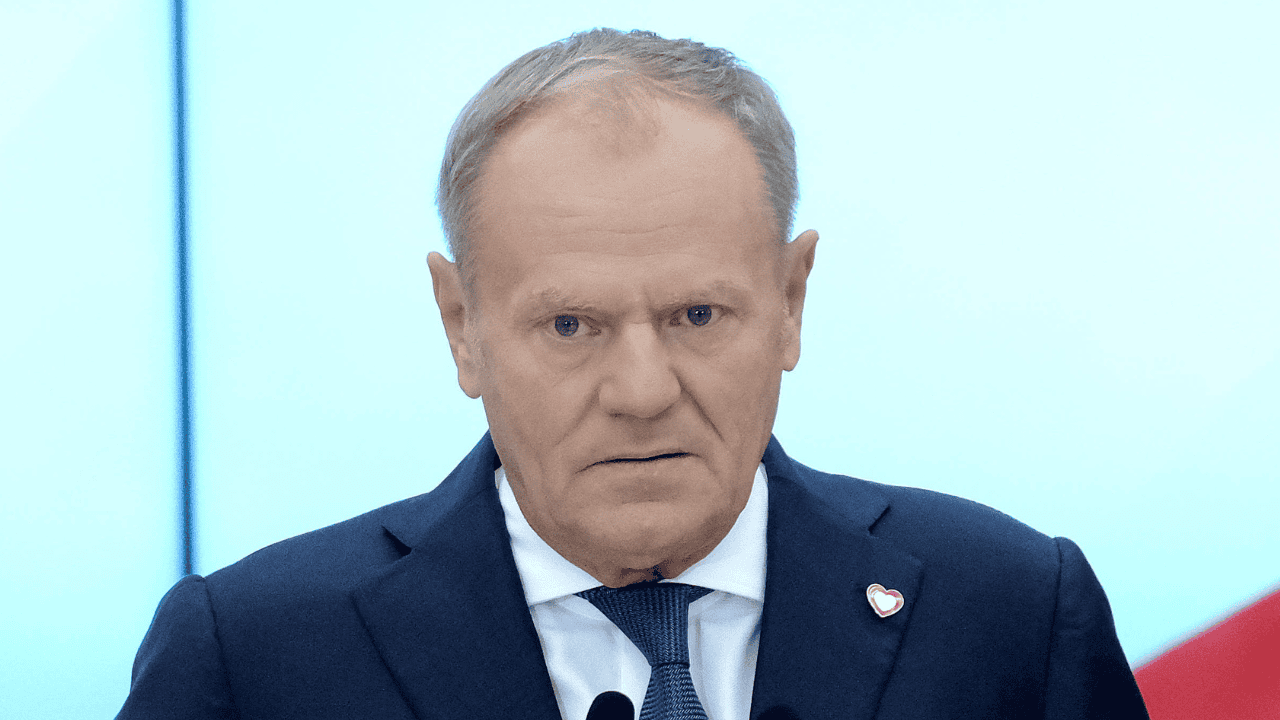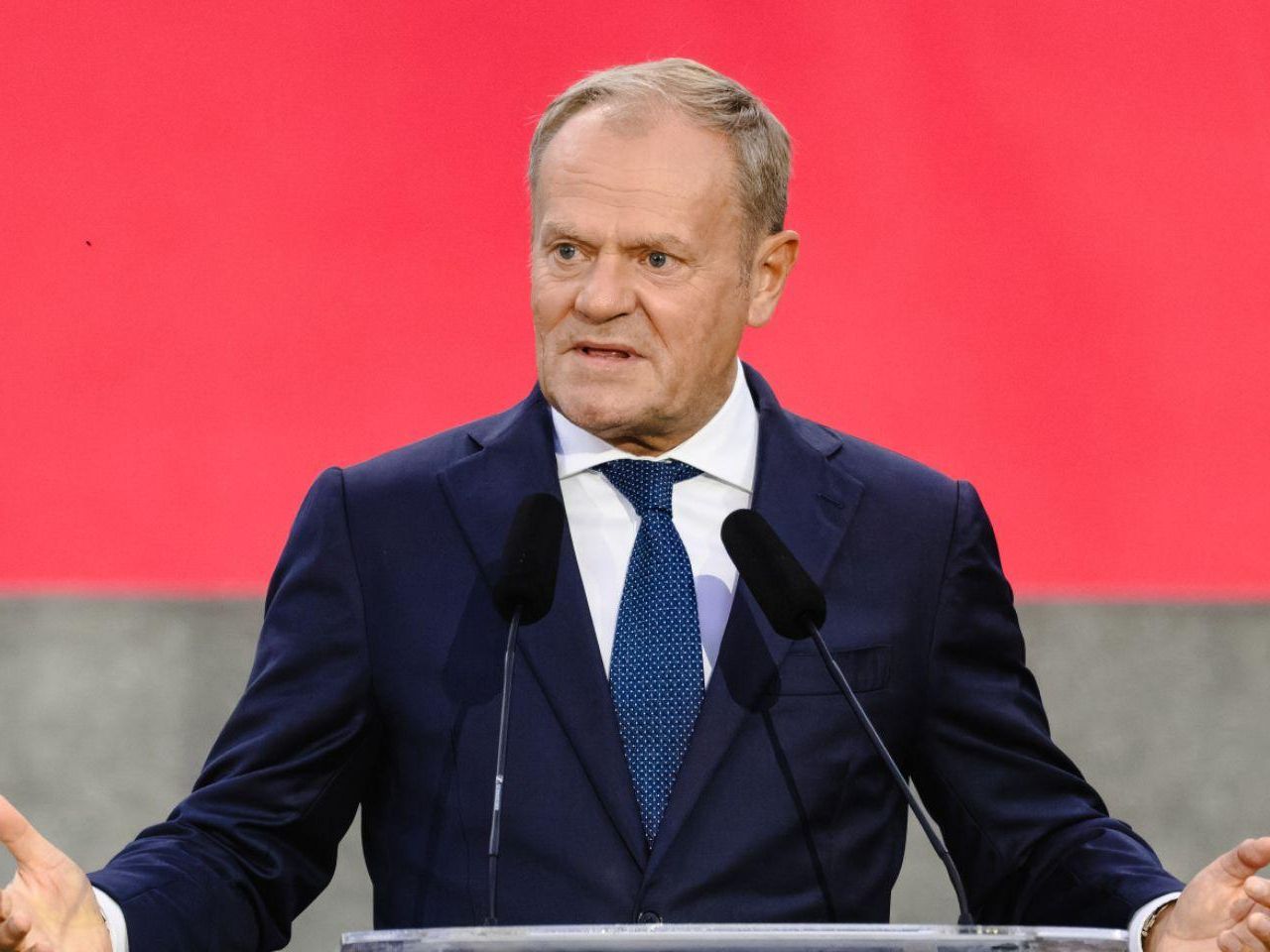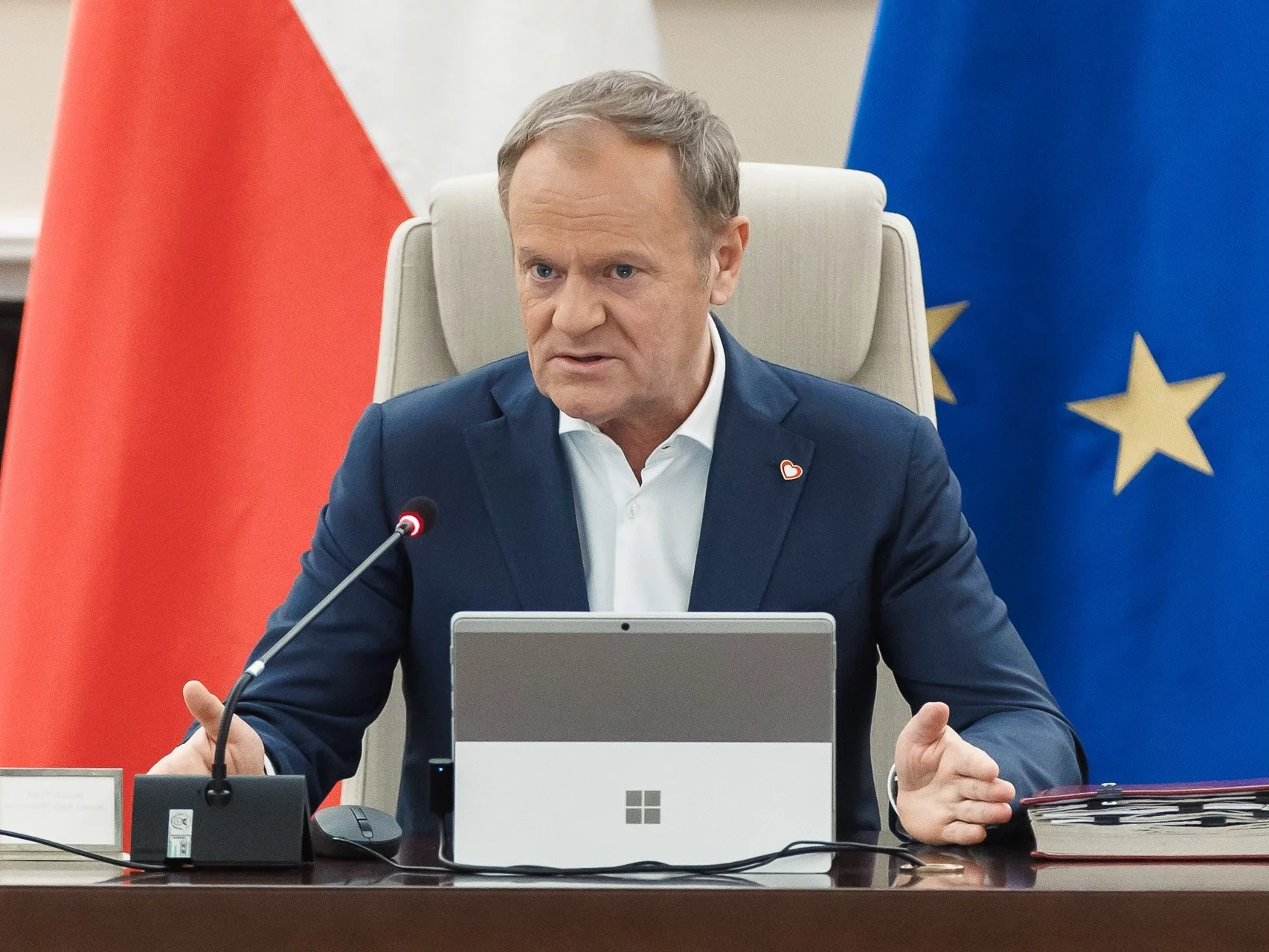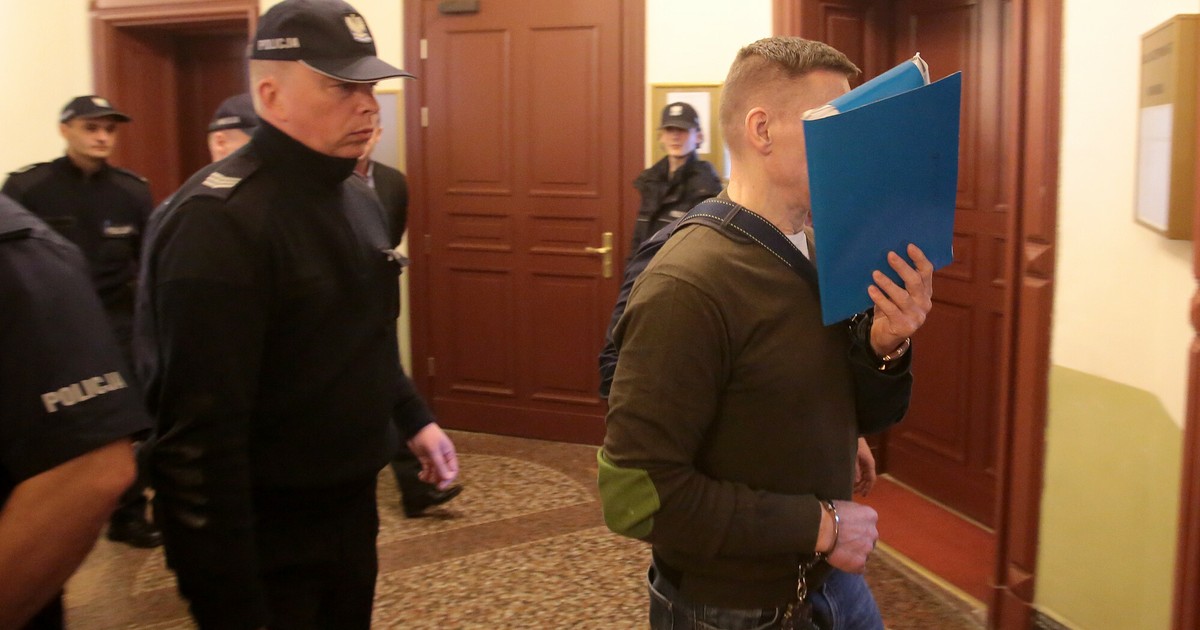or "great step" on the way to full theatricalisation and real farce of the electoral process
Elections, and especially the elections of the Heads of State, most frequently of which are Presidents, are always of large interest, but are besides a test of real, real state rules. Regardless of whether these are general and direct elections (France, Russia, Poland) or have their additional pre-specialities (rights and formal vote of the alleged Elector College – like in the US), or whether we are dealing with almost only a typical function of the president (elected indirectly by the electors of the national Assembly) as in Germany, in which the actual function of the head of state is performed by Chancellor, elected not in the general elections, but by Parliament – Bundestag.
Of course, between fairy tales, 1 should put the view that elections, and the alleged universal and direct ones, are evidence of the subjectivity of the people-citizens of the country, voters. In fact, it is simply a game of behind-the-clock interests and the consequence of a real arrangement of forces – and not always these forces are located in the country where the elections take place.
In our modern times, elections "head of state" (we stay with them only, although this can besides be extended to the election of another major constitutional-systemic institutions of the state) besides took a fresh form. They are. are in fact more or little well-directed theatrical performances, which are a kind of imitation of the principles enshrined in the constitutions of the countries afraid and supposedly circumstantial in electoral law. In particular, the second is “very flexible” adapted to current political needs, i.e. the choice of pre-defined "The iron most frequently 2 competitors" or even 1 "Indisputable candidate and iron favorite".
The last of these options is in the event of the Russian Federation presidential elections scheduled for 17 March 2024.
Besides, the date itself is not rather accurate, as the elections are to last for 3 days (March 15, 16 and 17), in a mixed format of voting technique, due to the fact that the popular usage of electronic voting is said to be common. A multi-day voting strategy and an electronic vote is, of course, a field for manipulation of the course and results of the vote. This has already been successfully practiced in another "democratic" countries, specified as the US.
-----------
And now a small bit about the candidates themselves in the upcoming elections for the office of president of the Russian Federation.
Candidates could have been submitted by both political parties and at the initiative of the candidate himself, then the formal requirements had to be met at the outset, including the request to submit credible signatures of 500 people supporting the "self-declared" alleged "self-declared".
Initially, the willingness to run has reported 33 possible candidates. The exact number is not certain (in any Russian sources we talk of even around 40 ?). Then, after resigning or removing any of them from the list of possible candidates (e.g. Igora W. Girkin, better known as Igor Strielkow, whose arrest was extended) the number of possible candidates has fallen to 23, and in fact the alleged "correctly reported and registered" candidates have so far 11.
Other best known and not registered possible candidates are:
1.Duncova Ekaterine – Journalist
Deputy City Duma Rishwa
(2019-2022)
Yekaterina Duncova – writer from Pskov announced her self-nomination as president. She was supported by many characters, especially by Viktor Szenderowicz, who lived in Israel. He advocates pardoning political prisoners and actively communicates with Russians who have gone abroad. A possible strategy is to build on the support of the abroad diaspora, which has up to 10 million people. A candidate means the rotation of power, democracy and a prohibited three-letter word beginning with the letter ‘M’. Ekaterina takes website, program, signature collection, meetings seriously. Her candidacy was curious in the D.A.'s office, but it could besides be part of a general script. writer Sobczak cannot take part in the election due to her abroad passport, so they chose another media worker, besides a beautiful blonde. This is all conjecture, but the composition of the liberal camp seems to be adapted to certain standards.
2. Vladimir Mikhailov associate of the Circuit Duma Kostrom
(2005-present)
Chairman of the Social Protection Party
(2019-present)
Vladimir Mikhailov – a candidate from the Social Protection Party. Entrepreneur, Deputy of the Kostrom Pride. Initiator of the production growth program in the region, inventor of various devices for which he obtained patents. He developed a programme to increase wages in Russia to 250 000 rubles through innovation, education and production efficiency.
3. Ivan Otrakowska Head of the “Home defence Army” organisation
Vice-President of the General Russian Assembly of Officers (led by Colonel W. Kwaczkov)
Russian officer, head of social organization “Army of Homeland Defenders” Ivan Aleksandrowicz Otrakowski was born on May 26, 1975 in the town of Ivantewewka in Moscow Oblast.
In 1992, he served in the armed forces of the Russian Federation in the North Fleet.
From 1993 to 1997 he studied at the Higher School of Joint Forces Command in St. Petersburg, S. M. Kirov.
From 1997 to 1998 – commander of a peculiar reconnaissance group, a reconnaissance-dessant company in the Northern Caucasus Military District.
From 1998 to 2000 – assault-air battalion of the North Fleet Marine Brigade.
A associate in war activities in the Chechen Republic. He led a group of anti-snappers. Call code ‘Achilles’.
He has military awards:
– Order of Courage;
— Order of Merit medal for Homeland II class (with swords);
— ‘300 years of fleet’ medal;
– Medal “For Military Combat”.
In 2001, he retired from the Russian Armed Forces, taking on the position of Chief of Staff of the Marine Battalion and the rank of captain.
Since 2001, he has actively participated in various patriotic events, helped make concerts, performances and programs devoted to the Chechnya War. He worked in advanced positions in private commercial law companies.
In 2011, he created and led the Russian Orthodox Movement “Holy Rus”.
4.Alexandra Tishchenko president of the Parents Committee of the Moscow Trade Union Council
Anti-corruption expert at the Ministry of Justice of the Russian Federation
Aleksandra Tishchenko was previously nominated as mayor of Moscow, winner in the nomination “Man of the Year – 2023”. She has an engineering education, worked as a programmer, and in 2004 she obtained the title of Candidate for Sciences. He runs the public organization “Moscow Board of Parents” and raises 3 children herself. In his manifesto, he notes that the current power has "lost contact with the nation", and the problem can only be solved by a individual who "came from the bottom" and understands how people live. He promises to make Russia the No. 1 country that another countries will look at.
‘On 1 January 2024 in the evening, the Central Election Commission of the Russian Federation completed the acceptance of papers from candidates submitted by political parties to participate in the presidential elections in Russia. Thus, the application phase of the current presidential run ended.
Earlier on December 27, the acceptance of papers for registration of groups of voters formed for self-notified candidates ended.
As TASS said, 11 people are presently on the list of possible candidates for the Russian presidential election. According to him, the remainder – over 30 people who had previously notified the committee of their intention to take part in the presidential election – did not scope this stage.
Who's going to the election?
The list of possible candidates presently includes 3 self-notified candidates:
the current president of Russia Vladimir Putin,
blogger of the Russian Council,
blogger Anatolii Batashev.
And besides 8 organization candidates:
Leonid Słucki (LDPR),
Nikolai Charitonov (Communist organization of the Russian Federation),
Vladislaw Dawankov (‘New People’),
Sergei Baburin (Russian People's Union),
Andrei Bogdanov (Russian Freedom and Justice Party),
Boris Nadiezhdin (National Initiative),
Sergei Malinkovich (Russian Communists),
Irina Swiridova (Democratic organization of Russia).
Everyone reported a willingness to launch a campaign. By 31 January, "self-notified" candidates must submit 300 000 signatures in support of registration as candidates, candidates from non-parliamentary parties – 100 000. The Communist organization of the Russian Federation, the Liberal Democratic organization and the “New People” are represented in the State Duma, their candidates request not collect signatures.
On 1 January, Słucki and Dawankow had already filed papers in the CKW allowing registration as candidates in the presidential election. On 3 January, the Central Election Commission is expected to receive papers recording Charitonov's candidacy.
The Federation Council appointed elections for 17 March 2024. The vote will take 3 days: March 15, 16 and 17. This will be the first three-day presidential election in the Russian Federation.”
Source: TASS
The final number of candidates gathering the formal requirements of the number of votes of support will be known on 31 January 2024, as then, especially for tiny parties and for the declared "self-declared"/ "self-declared" candidates, i.e. on their own initiative, the deadline for registration of the list of endorsements expires.
PZ
Appendix info/video:
https://dzen.ru/video/watch/658eb8e552b09c112feae565?f=d2d

